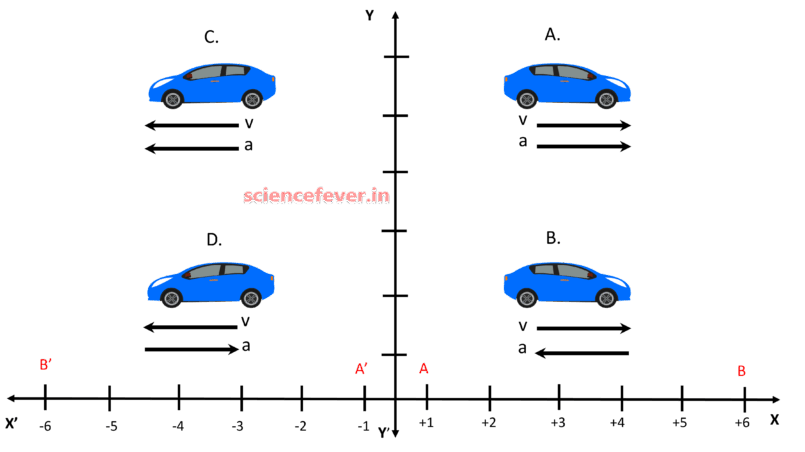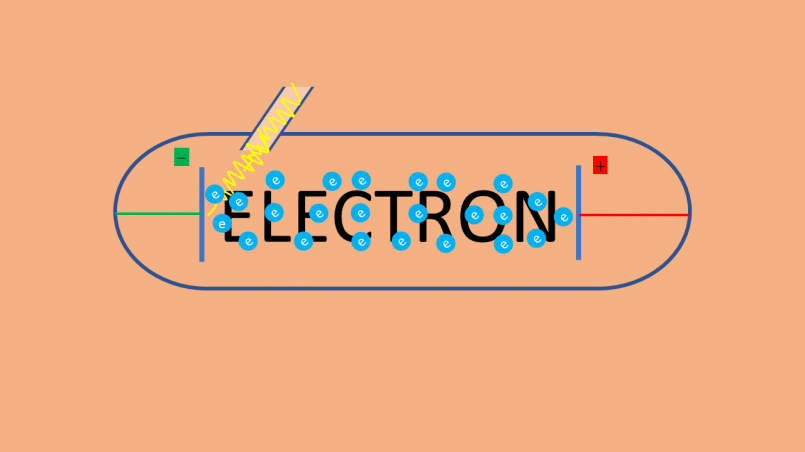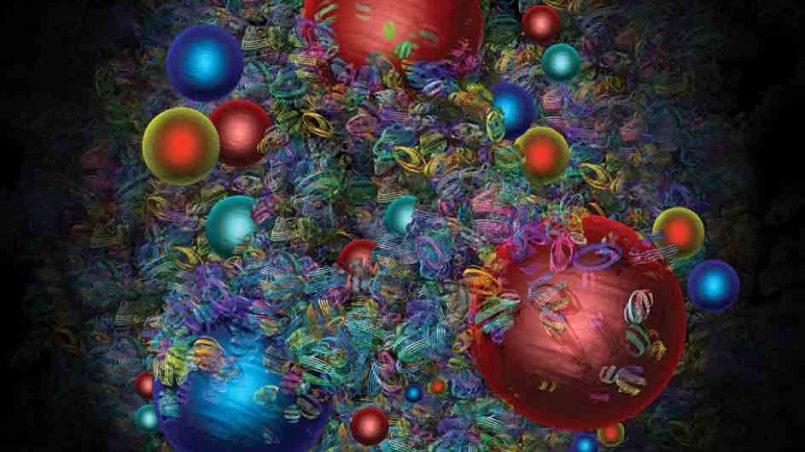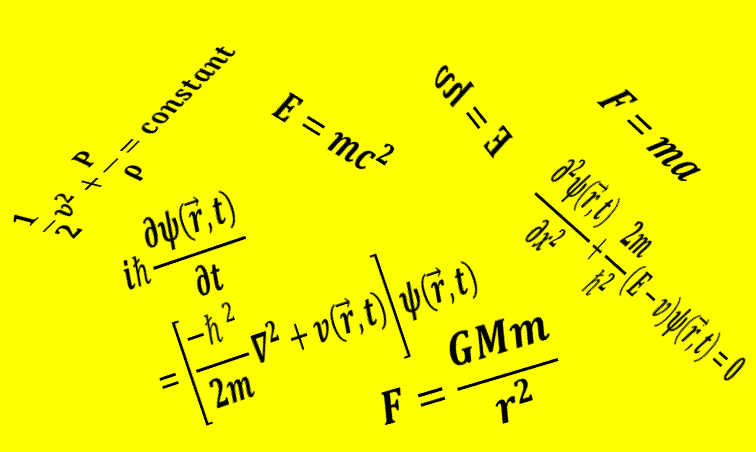Retardation/deceleration is defined as the acceleration in the direction opposite to the direction of the velocity. Retardation and deceleration are same thing. Retardation/deceleration causes decrease in velocity. SymbolS.I...
Category - Physics
Acceleration is defined as the rate of change of velocity of a body. It is a vector quantity and it defines how quickly a body changes its velocity. If we set a speed limit for two bodies, the body which has more acceleration...
The velocity of a body is defined as the rate of change of position w.r.t. a frame of reference /relative to another body. It is a vector quantity that defines how fast a body moves in a certain direction. If you consider two...
A wave function is a mathematical function which represents the matter-wave of a particle. It has no physical form like water waves, sound waves, or waves in springs. But we can represent or interpret it graphically. It contains...
The electron is a fundamental particle having a mass of 9.11*10-31kg (energy equivalence of 0.511Mev) and a charge of 1.6*10-19c. It was discovered by J.J Thomson in 1897. In the standard model of physics, it is categorized as...
Projectile Motion is the motion of a body under the influence of gravity only. A body which moves with constant velocity in horizontal direction and experience uniform acceleration due to gravity (9.8 m/s2) in vertically downward...
To know distribution of fundamental particles see Standard Model A proton(H+) (not a fundamental particle) is a subatomic particle Conglomeration of three-quarks with two up quark and one down quark. Proton has a positive...
The standard model of particle physics is a model which organises all the fundamental particles discovered till now. It explains how the fundamental particles are related to the three fundamental forces(em force,weak nuclear...
We can imagine science as a tree and physics as its branch. Physics always wants to understand and explain the nature and various mysterious natural phenomena of the universe in the form of mathematical equations. Many physicists...
Let’s travel at the speed of the light! The speed of the light is about 0.3 million Kilometer per second or 3*108m/sec. Science puts a universal speed limit for...















